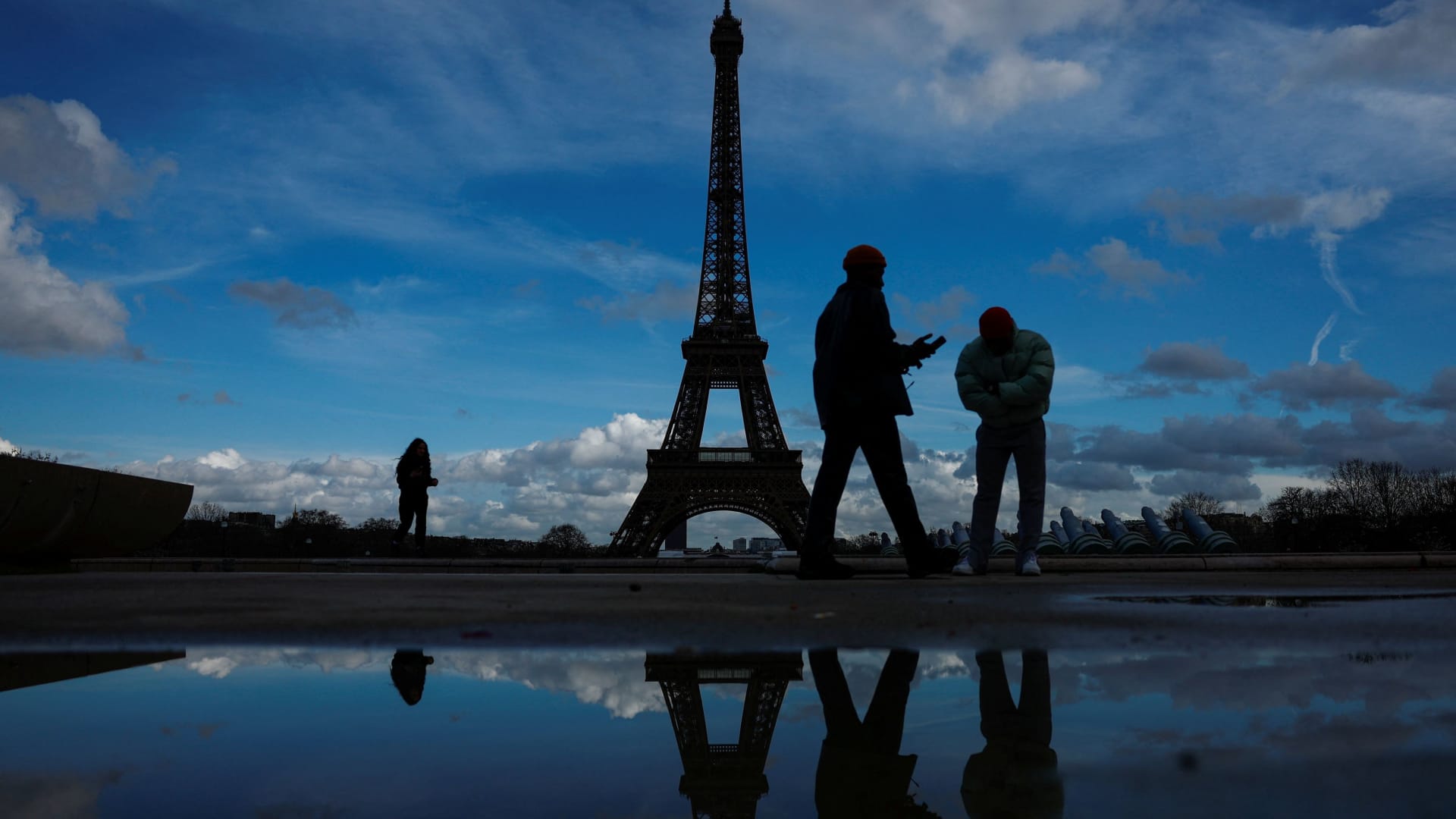
The head of France’s state investment bank Bpifrance has painted a grim picture of Europe, saying the continent is caught between the world’s two largest economies and is unable to fund its own future-critical industries. Nicolas Dufourcq warned that Europe is being overcome by Chinese industry and U.S. technology and is accelerating its economic decline by exporting its savings. “I’m sorry to be radical in my vision, but we are doubly colonized: industrially colonized by the Chinese, digitally colonized by the U.S.,” Dufourcq said at IPEM, a private capital conference in Paris. “It’s not in the future; the consequences are now.” The core of the problem, he suggested, lies with Europe’s massive pool of private and institutional capital that is not being invested at home. Even European ultra-high-net-worth individuals, family offices and asset managers typically pour money into conservative assets like real estate, and then U.S. tech when they want to take on more risk, he said — instead of backing homegrown innovators. “The savings of Europe, when they are invested in risk-taking assets, they go to the U.S.” Dufourcq cited challenges faced by French quantum computing startup Quandela, which he claimed has developed a chip that outperforms some American rivals but was struggling to raise private capital in Europe. Bpifrance, the French sovereign wealth fund that manages around 100 billion euros ($117 billion) in assets, has participated in three rounds of investments for Quandela, which has raised 61.85 million euros in total, according to FactSet. Quandela did not respond to CNBC’s request for comment. Venture-backed companies in the United States raised nearly four times as much capital as their peers in Europe in the first half of 2025, according to data from PitchBook. “We are in dire need of private capital to finance deep tech, which is the future of Europe,” Dufourcq said. Risk-on vs. Risk-off The Bpifrance chief attributed this “failure” to a deep cultural divide. He contrasted Europe’s risk aversion with the “Californian culture,” where investors see it as their “duty” to fund high-risk, high-growth startups to secure future dominance. “If you don’t have that culture in Europe, you will continue to invest in tourism, wine, real estate, and U.S. tech,” he said sarcastically. Last week, Harry Stebbings, founder of VC fund and podcast 20VC, indicated the issues were similar in the U.K. “We have a risk-off mindset. America has a risk-on mindset,” he told CNBC’s “Squawk Box Europe.” He said his VC firm had raised between $800 million and $850 million — and $750 million of that was from the U.S. “I mean, that’s astonishing. When we make a lot of money for our investors, all of it will go back to the U.S,” Stebbing added. When it comes to public markets, however, Sweden is bucking the downtrend affecting Europe, as companies have raised more than $2 billion in initial public offerings in the country so far this year. Experts have attributed the buoyant market for stocks in Stockholm to the Swedish culture that accepts higher risk from equities , relative to bonds. While Bpifrance is actively funding strategic sectors, Dufourcq admitted that state intervention alone was insufficient to counter the trend. “We need to raise the level of aggressivity of our capital allocation in Europe towards our own interests,” he added.



